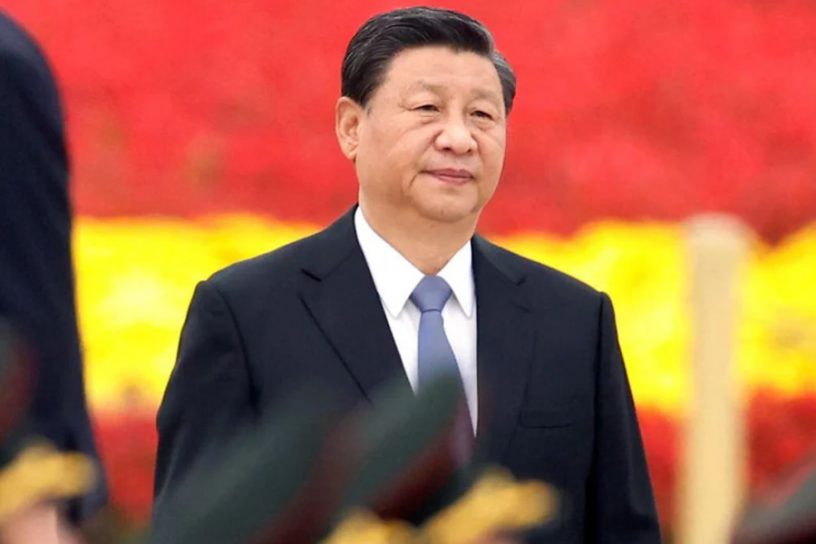
With China doubling down on its partnership with Russia, the world may splinter into two blocs: One led by the United States (US)/West and the other led by China/Russia.
Author
Mohan Kumar, Professor and Dean of the Office of International Affairs & Global Initiatives, O.P. Jindal Global University, Sonipat, Haryana, India.
Summary
When taking stock of everything that happened last year, one may be forgiven for thinking: 2023 cannot be worse than 2022. But history has a way of repeating itself and demonstrating the validity of the adage: It always gets worse before it gets better. So, brace yourself for 2023 even while remaining cautiously optimistic.
The Russia-Ukraine war was the “black swan” event of 2022 and succeeded in upending geopolitics and geoeconomics. 2023 may hopefully see the war peak and arrive at a stalemate if luck prevails. If that occurs, the economic repercussions of the war may begin to peter out by mid-2023. Does this mean an end to the war? Not necessarily. The chance of a low-intensity conflict continuing in the near term cannot be ruled out. With China doubling down on its partnership with Russia, the world may splinter into two blocs: One led by the United States (US)/West and the other led by China/Russia.
Some countries will try and straddle both blocs. Europe has been woken out of its stupor by the war in Ukraine. While Europe will do its best in 2023 to cope with the fallout from the war, Ukraine will likely tie it down for the foreseeable future. “Ukraine fatigue” may rear its head and could strain intra-European ties. Europe’s arrival as an independent pole in a multipolar world will have to wait. Moreover, the European Union (EU)’s engagement and commitment to the Indo-Pacific may weaken due to the war in Ukraine.
China begins 2023 by confronting a spate of internal and external problems. So, when 2022 saw the virtual coronation of President Xi Jinping as a modern-day emperor of China at the 20th Party Congress, everyone envied his consummate power. But a month is a long time in politics, even in China.
Published in: Hindustan Times
To read the full article, please click here.


